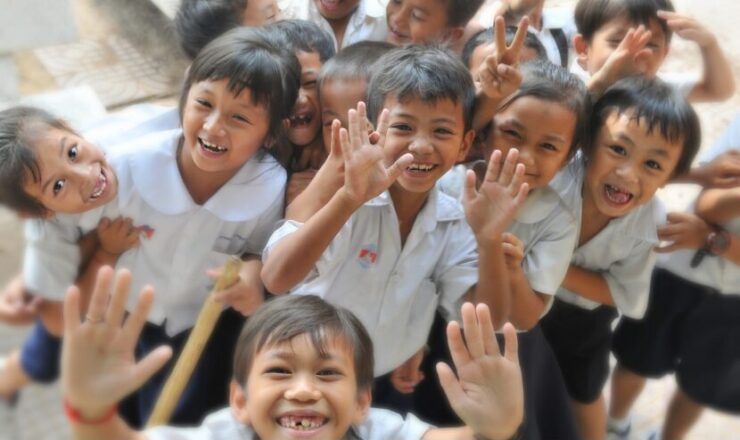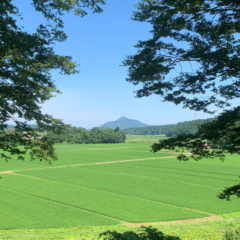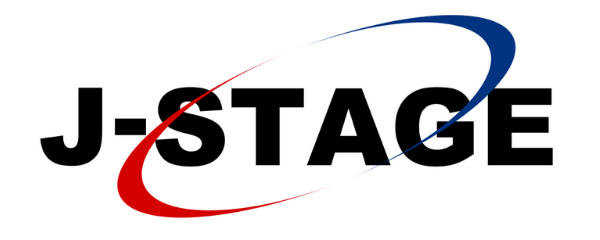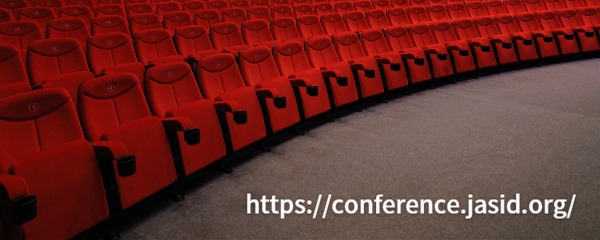[RG24-5] Bridging Theory and Practice in Educational Development
This research group aims to reimagine the field of International Educational Development by bridging theory and practice. It intends to do two main activities: 1) facilitating a series of dialogue between next generation scholars and practitioners in this field to better understand each other; and 2) proposing new image of the field through collaborative explorations of the past and current experiences. The research team has already launched an informal study group last year, where...
[RG22-3] Social and Solidarity Economy
Just as Goal 10 of the SDGs is “eradication of inequality”, “widening inequality” has become a major issue in the international community in the 21st century, and one of the causes is “expansion of globalization by capitalist economy” or “expansion of globalization by capitalism”. We think about the view that there is a “prevalence of market capitalism” is deep-rooted. If the cause of “increasing inequality” lies in the “capitalist economy,” then “correcting” or “substituting”...
[RG19-1] Migration and Development
The research group aims to analyze the impacts of migration on the economic and human development in their home countries and destinations. Migration, both within and beyond national borders, is a broad concept that encompasses refugees or internally displaced persons of conflicts and natural disasters as well as those who move to seek opportunities of employment, education, or marriage at their own will. The impacts of migration have been discussed mostly in terms of...

![社会的連帯経済 [FY2022-]](https://jasid.org/wp/wp-content/uploads/2021/11/eye-Social-and-Solidarity-Economy-740x440.png)

![社会課題解決のための開発とイノベーション [FY2022-]](https://jasid.org/wp/wp-content/uploads/2021/11/eye-Solving-Social-Problems-240x240.png)





